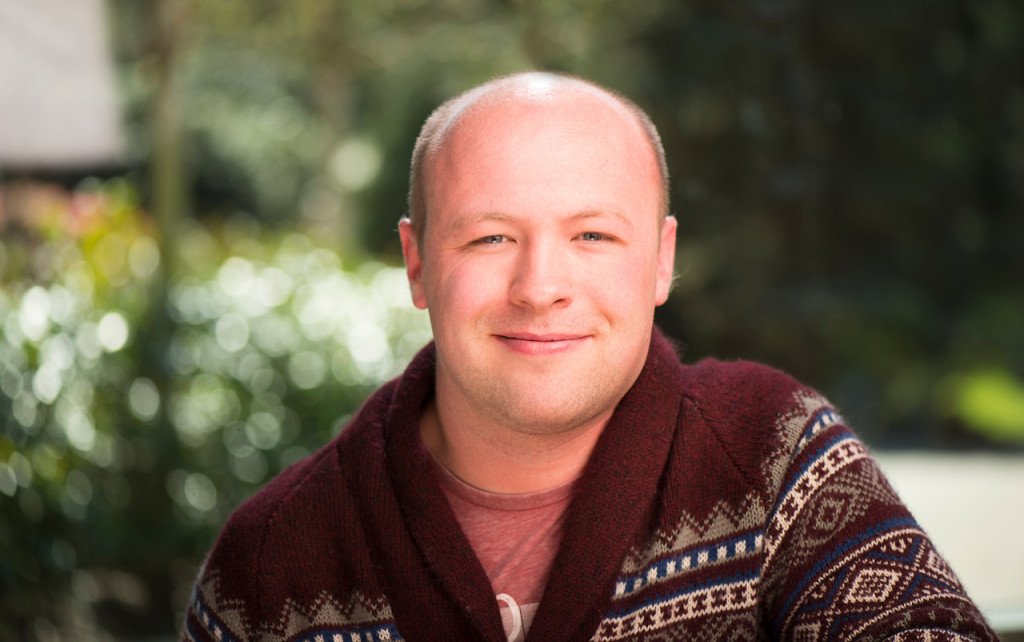Michael Richards, Edge Hill University
Calls to appoint a commissioner to look after the interests of people with learning disabilities have been growing louder since the shocking story of Ian Shaw became national news. Shaw, 34, was diagnosed with terminal cancer last year after spending nine years in secure hospitals where his condition wasn’t spotted. Now there is talk of installing a commissioner to “uphold the rights” of people with learning disabilities. But unless the government plans to give this job to a person who is actually learning disabled, then I believe this would be another dead end. Instead of being left out of the process, people with learning disabilities should be at the heart of the solution.
The calls are being led by Stephen Bubb, who believes a commissioner could be charged with monitoring, and holding to account, all services which look after people with learning disabilities. Bubb authored the 2014 NHS England report – Winterbourne View: Time for Change – which explored the shortcomings in care and support for people with learning disabilities in the UK. The report followed a string of scandals that emerged from Winterbourne View, a publicly-funded private hospital in Gloucestershire.
The scandal there was first exposed in 2011 by an undercover reporter who revealed the psychological and physical abuse people with learning disabilities were facing. The hospital was subsequently shut down. Despite the Care Quality Commission receiving a series of warnings about mistreatment at Winterbourne, the complaints received were never followed up.
Bubb made ten recommendations in his report, including the recommendation that there should be a legal charter of rights for people with learning disabilities and their families. He later suggested that a commissioner would help to “protect and promote” the rights of people with learning disabilities. But if a role for a learning disabilities commissioner was created, would someone with learning disabilities be appointed? Despite there being more than a million people with learning disabilities (although the number is rising and there are many who are not accounted for), it is very unlikely that one of these people would be. Bubb’s report fails to get to grips with the need to take action and make a difference in the lives of people with learning disabilities in order to give them the chance of achieving such a position.
Serious failings in care
And despite the case of Winterbourne being well known, private companies continue to be paid over one billion pounds by the NHS to run mini-hospitals for people with learning disabilities. This despite government policy aiming to reduce them to ensure more people with learning disabilities are instead looked after in their own homes.
Abhorrent crimes are continuing to occur in the delivery of basic care. Earlier this month, a consultant psychiatrist admitted a string of failings over the death of vulnerable teenager Connor Sparrowhawk, who drowned in a bath at an NHS care unit.
In addition, people with learning disabilities face regular physical, mental and sexual abuse, as well as hate crimes. A letter to the Guardian, signed by more than 100 charities, said the shrinking of the welfare state risked leaving individuals cut off from their communities and work.
Not the problem, the solution
While Bubb’s report aims to highlight the challenges people with learning disabilities face, they themselves do not appear to be at the heart of the decision-making that is likely to take place on their behalf. People with learning disabilities do not need a government appointed commissioner. Instead, they need to be in full control of what happens to them.
My own research suggests that people with learning disabilities are not helpless individuals. They are people who are fully engaged with their own lives, who understand how to make choices and have expertise in politics. They are able – when things are made accessible – to fully participate in the decision-making that affects their lives. This indicates that people with learning disabilities are not the problem but the solution.
If a commissioner was to be appointed, it makes sense that someone with learning disabilities should take that role. For example, people with learning disabilities experience health inequalities and have worse health, on average, because of difficulties using the health service. By working harder to listen to the experiences of the learning disabled, a better understanding for health promotion and disability may emerge. In all aspects of life, people with learning disabilities should be making choices, sharing knowledge and participating at every level to ensure that they have control over their own destiny.
![]() So unless the commissioner is learning disabled, I would suggest scrapping the idea completely. They are the experts on what is best for them and how they want to be included in society and they should be closely consulted about any kind of systemic changes. To avoid scandals like Winterbourne, people with learning disabilities should be respected as equal citizens.
So unless the commissioner is learning disabled, I would suggest scrapping the idea completely. They are the experts on what is best for them and how they want to be included in society and they should be closely consulted about any kind of systemic changes. To avoid scandals like Winterbourne, people with learning disabilities should be respected as equal citizens.
Michael Richards, Lecturer in Applied Health and Social Care, Edge Hill University
This article was originally published on The Conversation. Read the original article.

